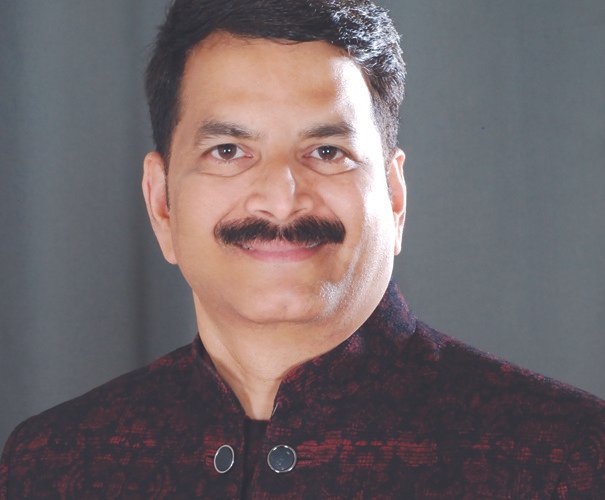
Mahesh Pai speaks about spending one’s money wisely and prioritising needs over wants
To live a significant life, one must have the knowledge and power of money. The way you handle money is primarily driven by your mental attitude towards it. The way you think about money determines a lot of your financial decisions. If you feel money is evil, then it will be evil to you but if you consider it as a blessing then it will bring wonders to you so that you can help yourself and the others who need it. Your perspective plays a huge role in the decisions you take and there is a difference between being transparent about difficulties and complaining about them.
Everyone teaches how to earn and save more money, but the real question is do you know how to spend your money wisely? Or do you know whether you are spending your money on the right things? Well, there is a simple way of understanding this. People have ‘needs’ and ‘desires’. Knowing the difference between needs and desires is the basis of personal finance literacy. The first step is to learn to differentiate and every time that you to want to purchase an expensive item, try to think whether it is a need or a desire, if you are buying something to please someone else then it is not your need.
Recognising that you must prioritise your needs over your wants is the cornerstone of basic budgeting. Needs are minimum but desires are forever growing; but you must set a boundary on the spending. If you buy all the unnecessary things that you don’t need today, then tomorrow you may have to sell the things that are necessary. Having a big house doesn’t determine your wealth but the figures in your bank account and investments determine it. Your assets come to use during troubled times and not your liabilities. Don’t pay EMI’s on goods which will degrade after six months but rather pay EMIs on goods that will appreciate over the period of time, like investment plans and virtual assets etc. Purchasing ‘desire’ goods will be wrong until your needs are met, secure yourself before taking the risk of liabilities (EMIs). A wise man once said, if you can’t buy it twice, you can’t afford it.
How to fulfill desires when needs are not taken care of?
Firstly, having desires aren’t wrong but fulfilling them at the right time is the key; a small trick to fulfilling ‘desires and needs’ would be by creating a ‘D- Fund’ (desire fund).
Under this you can invest any amount daily, weekly, or monthly, so that whenever you have a desire you can use the funds from this account and utilise it without hampering your regular cashflow. There are various financial products for the same that will give you the flexibility to do so.
Another way to make wise choices would be by asking yourself these five powerful questions before buying anything.
1. Can I live without that item?
2. Can I afford it based on my current
financial situation?
3. Will I actually use it?
4. Do I have the space for it?
5. How will I feel after buy it?
Cashflow and Debt
Whenever you go for a huge expense like business expansion, new home, luxurious car etc, you need to keep in mind about your cashflow and debt capacity. Your cashflow and debt capacity are co-related, It is ironic that we are dealing with the problem of ‘have money can’t spend’ these days and it is because most people are asset rich and cash poor.
So whenever you go for new loan try to analyse your repaying capacity, will you be able to repay the loan with ease or will you start living with a cash crunch. One wrong financial decision and the entire edifice can come crashing down.
Consulting financial professionals help in the long way, they understand your finances, earnings, investments,
your income protection responsibility, assets, liabilities and guide you so that you can lead a peaceful life even while you have huge debts and cash crunch. Knowing how to spend your savings or your income plays a crucial role while
taking financial decisions, it may sound very easy but the biggest businessmen and families have collapsed because they weren’t financially literate and consulted the wrong people.
Be wise, spend wisely
The writer is an investment consultant and business coach. Email: mahesh@maheshpai.in





